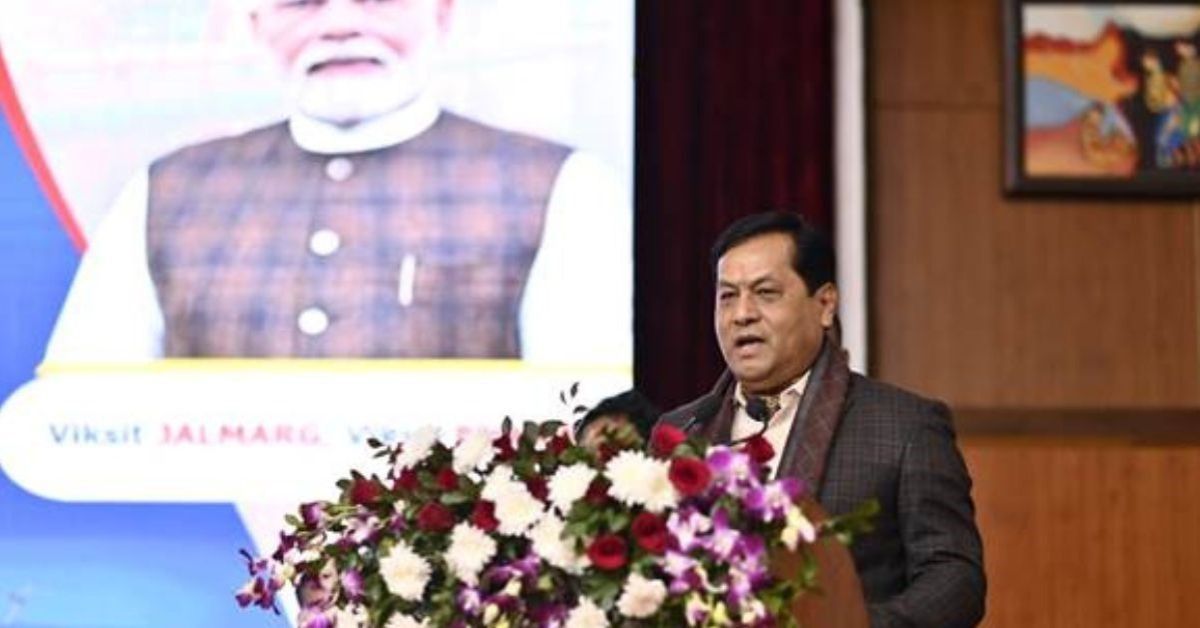Union Minister of Ports, Shipping and Waterways Sarbananda Sonowal said more than Rs 3000 crore will be invested for the development of NW2, NW16 and the Indo-Bangladesh Protocol Route (IBPR) by 2030. The Inland Waterways Development Council (IWDC), the apex meet in Assam’s Kaziranga for policy deliberation on the promotion and propagation of inland waterways in India, witnessed major announcements to boost infrastructure along national waterways.
The second meeting of IWDC, organised by the Inland Waterways Authority of India (IWAI), the nodal agency for development of waterways under the Ministry of Ports, Shipping and Waterways (MoPSW), announced investments of more than Rs 50,000 crore in the next five years. In this regard, a series of new initiatives across 21 Inland Waterway States were announced, worth more than Rs 1400 crore. The meeting was presided over by Sonowal.
Speaking on the occasion, he said, “IWDC has anchored a new vista for cooperative federalism as both the governments at the Union and the states discussed, deliberated, debated and dwelled on multiple aspects for the strengthening of inland waterways. Historically, the role of inland waterways has been paramount for civilisations. However, this basic tenet of development remained ignored until 2014. Under the dynamic leadership of Prime Minister Narendra Modi, we are attempting at rejuvenate the support system of inland waterways so that we decongest railways and roadways and, at the same time, provide a viable, economic, sustainable and efficient mode of transportation for both passengers and cargo operators.”
At IWDC, the ministry levelled up solutions to tide over challenges in an attempt to unlock the opportunities for economic development, Sonowal said, adding in this regard, it has aimed at launching 1000 green vessels. “Major projects of upgrade in Inland Waterways Transport (IWT) were conceived today at the meeting. To build a robust IWT in the country, the government is planning to develop shipbuilding and ship repair facilities across all the NWs. This will reduce logistics costs, boost the ancillary industries, and encourage the inclusion of riparian communities through employment opportunities,” the minister added.







